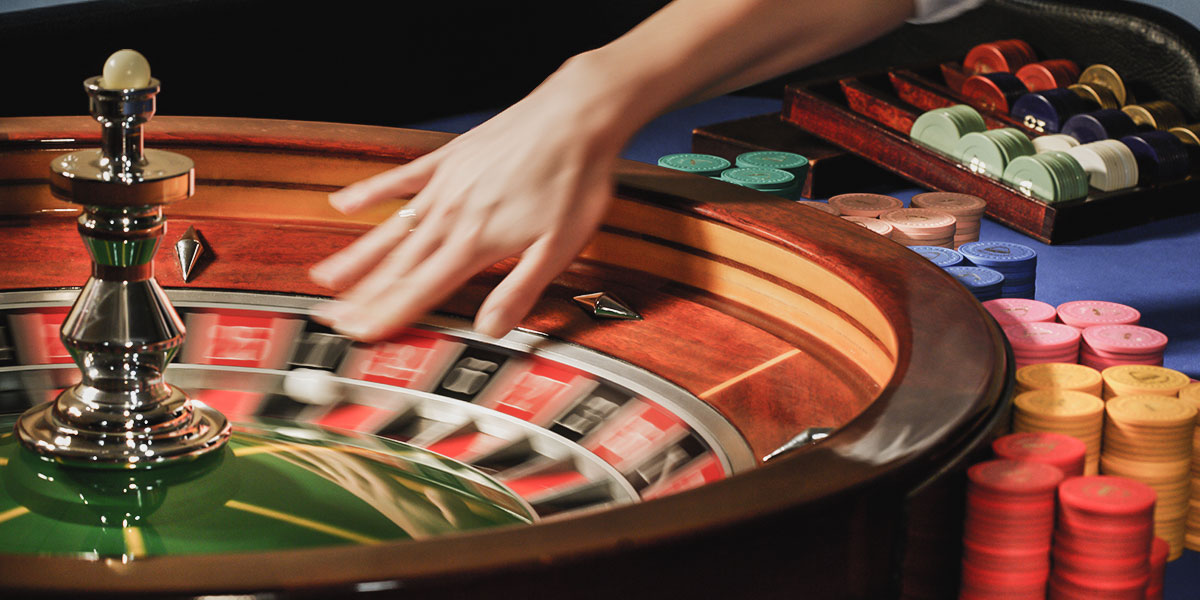
In the vibrant world of gaming, gambling house games have long captured the attention of players around the world. These options, including traditional table options like blackjack to the spinning reels of slots, offer an captivating combination of randomness and strategy. While fortune undeniably plays a important role in determining outcomes, the significance of skill in many gambling options cannot be neglected. Grasping how skill influences the experience can elevate not only a participant’s enjoyment but also their chances of winning.
As we dig into the mechanics of gambling options, it becomes evident that some demand a strong grounding of understanding and tactics. Activities like poker require more than simple fortune; they demand critical thinking, psychological insight, and tactical decision-making. In opposition, other games, such as the roulette wheel and slot machines, are primarily driven by randomness, allowing gamblers to rely entirely on fortune. This distinction raises intriguing questions about what truly drives achievement in the world of casinos and how a gambler’s competences can tip the scales in their benefit.
Grasping Expertise versus Luck within Casino Activities
Within the sphere of casino games, the debate between skill and luck is a enduring one. Several games are frequently divided into two categories: those that rely predominantly on randomness, such as slot machines and the wheel, and those where skill plays a significant role, like poker and 21. The difference is crucial because it affects not only gameplay strategies but also the approach players adopt when participating with these games. While luck can play a critical role in the short term, skilled players can improve their odds of winning over the extended period in skill-based games.
Skill-based games, particularly poker, demand players to understand probability, human behavior, and game strategies. đá gà trực tuyến A seasoned poker player can analyze opponents, make calculated bets, and understand when to fold, all of which can lead to greater favorable outcomes. On the other hand, in games that are purely based on chance, no amount of skill can alter the odds. This means that while a player may win big in one session, their success may often be at the mercy to the vagaries of random outcomes rather than any tactical expertise.
In the end, both skill and luck exist together in the world of casino games, creating a vibrant environment for players. While games of chance can provide excitement and instant gratification, mastery and strategy in skill-based games offer a richer level of engagement for those willing to invest time in refining their craft. This interaction between skill and luck defines the experiences of players and influences their connection with the games they select to play.
The Impact of Expertise on Game Outcomes
In the field of casino games, skill plays a crucial role in determining the results, especially in games where strategy and decision-making are essential. For example, in the game of poker, competitors must assess opponents, calculate probabilities, and make strategic bets to maximize their odds of winning. Unlike activities that depend purely on luck, such as slot machines or the roulette wheel, this game demands an understanding of both the game mechanics and the psychology of other players, making skill a critical component of victory.
Other strategy-based activities, like the game of blackjack, also underscore the importance of player expertise. Understanding of basic strategy, card counting, and when to hit or stand can dramatically influence the house edge. A skilled blackjack player can reduce this edge and boost their chances of success significantly. This contrasts with activities that do not allow for such tactical play, showcasing how the level of skill influences the potential for favorable results.
Additionally, even within games considered primarily chance-driven, like craps, the decisions made by gamblers can influence their overall performance. Choosing the right bets, comprehending the odds of different outcomes, and managing one’s funds are essential aspects that can enhance a participant’s experience and results. Thus, while luck remains a factor in casino games, skill can substantially influence how efficiently participants navigate these environments, leading to more favorable results.
Tactics for Proficient Play in Gaming Establishments
To thrive in casino games, players must develop a strong comprehension of the rules and odds involved in every game. This foundational knowledge enables individuals to make wise decisions, especially in skill-based games like Texas Hold’em and blackjack. Familiarizing oneself with game tactics, such as keeping track of cards in blackjack or recognizing betting patterns in Texas Hold’em, can significantly enhance a player’s odds of success. Rehearsing these tactics through mock games or low-risk games allows players to improve their skills without putting substantial amounts of cash at risk.
A further key strategy is bankroll management. Players should establish a budget before entering the gaming establishment and stick to it strictly. This involves deciding how much they are prepared to lose and setting limits on how much they will wager in every gaming session. By keeping a regulated approach to spending, players can sustain their play and reduce the chance of major losses. Additionally, taking time-outs can help maintain a clear head and prevent rash decisions that often lead to bad gameplay.
Ultimately, emotional control is vital in the high-stakes environment of a casino. Players must be adept at controlling their emotions, particularly during periods of success or losing runs. Staying attentive and not letting emotions influence gameplay can lead to more sound decisions. Methods such as deep breathing or walking away from the gaming table during heated moments can help maintain composure. By cultivating a steady mindset, players can approach gambling games with assurance and expertise, thereby enhancing their overall experience and outcomes.